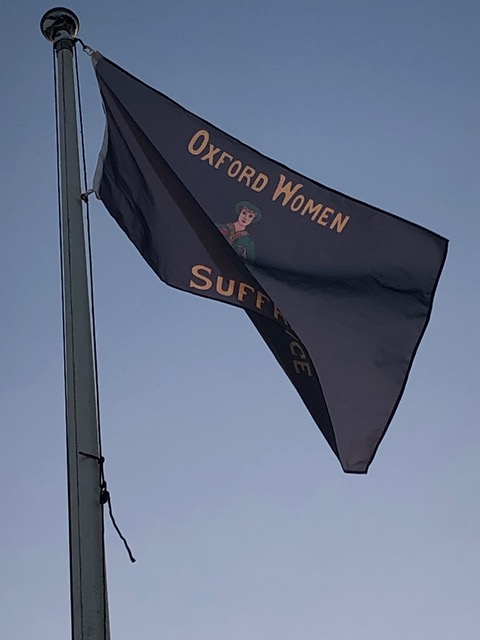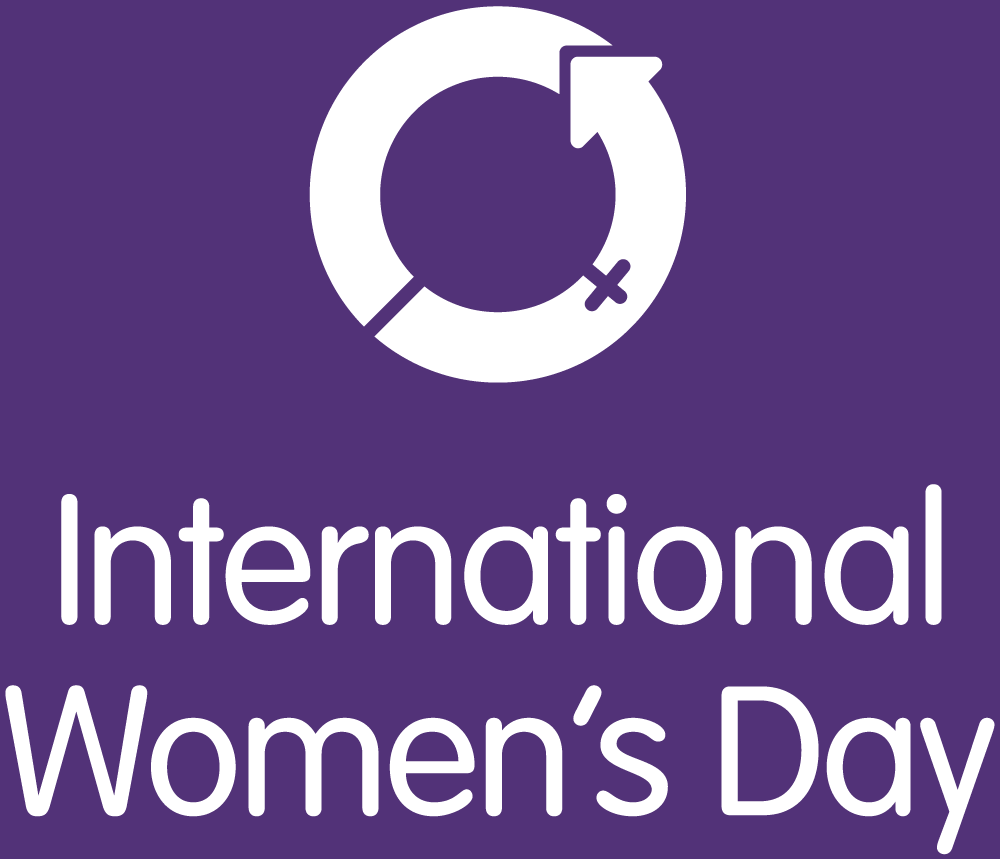International Women’s Day 2021
The Dunn School is proudly flying the women’s suffrage flag on 8 March 2021 as part of our annual celebration of International Women’s Day.
The flag not only represents the historical roots of International Women’s Day born out of the suffrage movement in the 1900s, but an ongoing call to action.
Much progress has been made at Oxford and in society more generally since the full admission of women to the University just over 100 years ago but gender equity remains a goal not a reality.
Head of Department Matthew Freeman said: “International Women’s Day is an opportunity to reflect on how much has improved across the university but, more importantly, how much is still needed to achieve full gender parity at all levels. It is not easy and it takes time but I am personally fully committed to the goal.
It is also important to understand that theoretical commitment in itself is not enough: practical actions are needed across all our policies.”
The lack of women occupying the most senior academic posts at the Dunn School, and in the collegiate university generally, illustrates the importance of #ChooseToChallenge the theme of IWD 2021.
The Dunn School’s ongoing work under the Athena Swan Charter framework, the recent creation of a diversity working group and the head of department’s personal leadership on gender issues, shows a genuine commitment to rising to the challenge.
__________________________________________________________________
Fumiko Esashi, Chair, Dunn School Diversity Working Group, shares her personal reflections on progress towards gender equity:
“I have a personal attachment to look into the history of gender equality in the UK and my country of birth, Japan. My father, who sadly passed away 12 years ago, was a professor of sociology, specialising in gender in sports at Nara Women’s University (originating from a women’s school established in 1908, it became one of only two women’s imperial universities to foster women’s higher education in Japan after WWII). My family stayed in the UK in the mid-1970’s, whilst my father was documenting the history of female sports participation in Europe (before the internet era – my mother let me have his beautifully handwritten thesis about this topic).
It is wonderful to witness some great progress made since, in many disciplines, including sports, academia and beyond, thanks to continuous efforts over the past 100 years. However, we are not there yet and still have a long way to go. The COVID19 outbreak has hit disadvantaged groups particularly hard, a strong reminder of the unfinished work. The important step is to recognise talents regardless of characteristics and challenge any stereotypes. I am really pleased to see that six women in diverse roles at the Dunn School are formally recognised as part of the ‘100 Women of Oxford Medical Sciences’ project. At the same time, I congratulate every woman and all allies who make the Dunn School a wonderful place to work.”
Meet the six women from the Dunn School showcased in the 100 Women of Oxford Medical Sciences campaign

